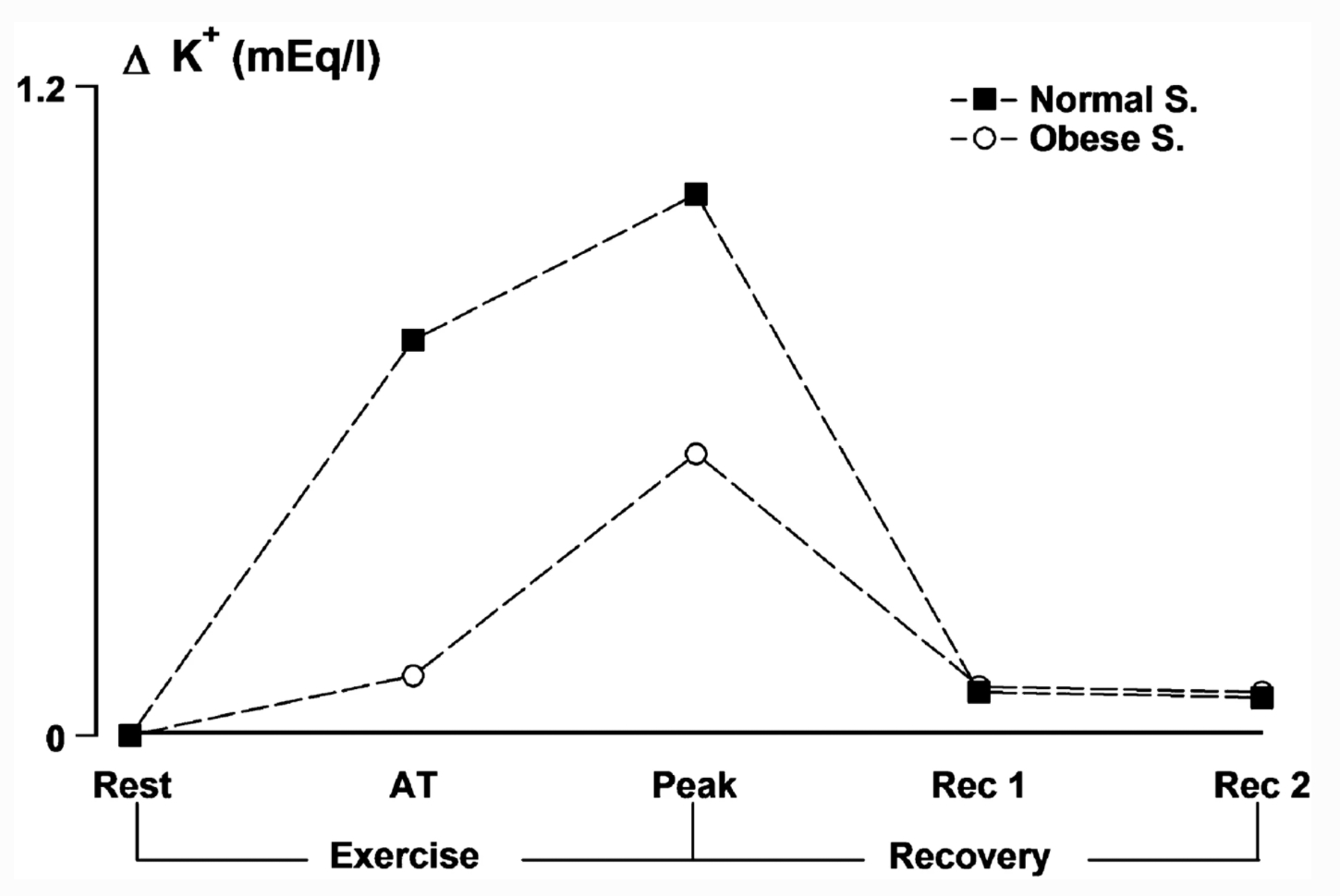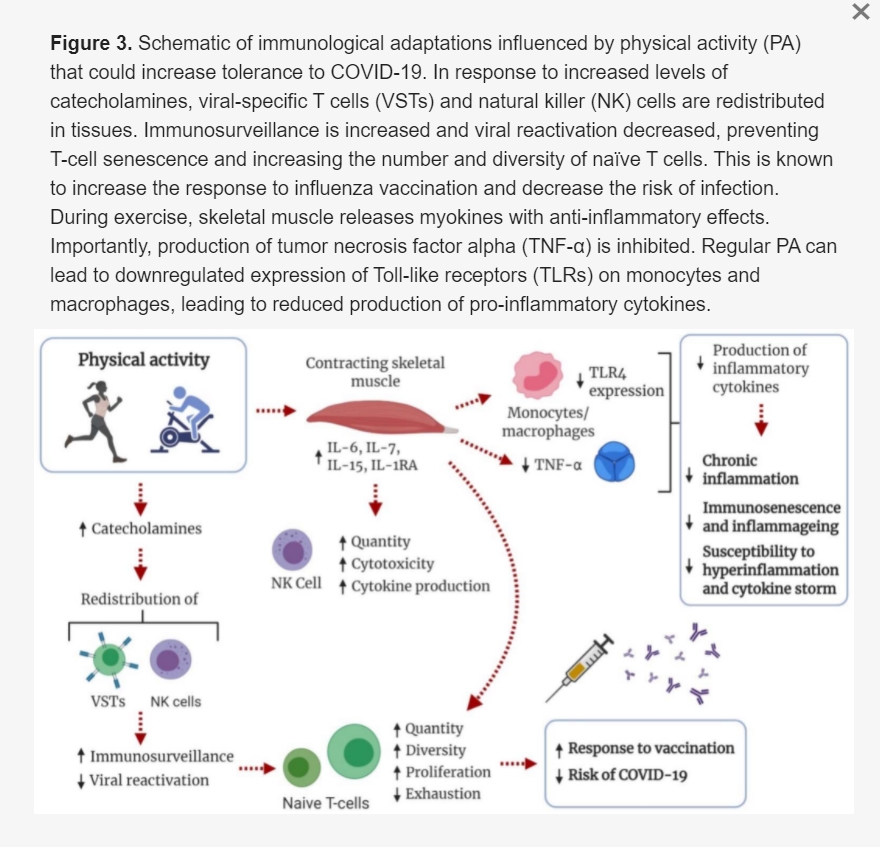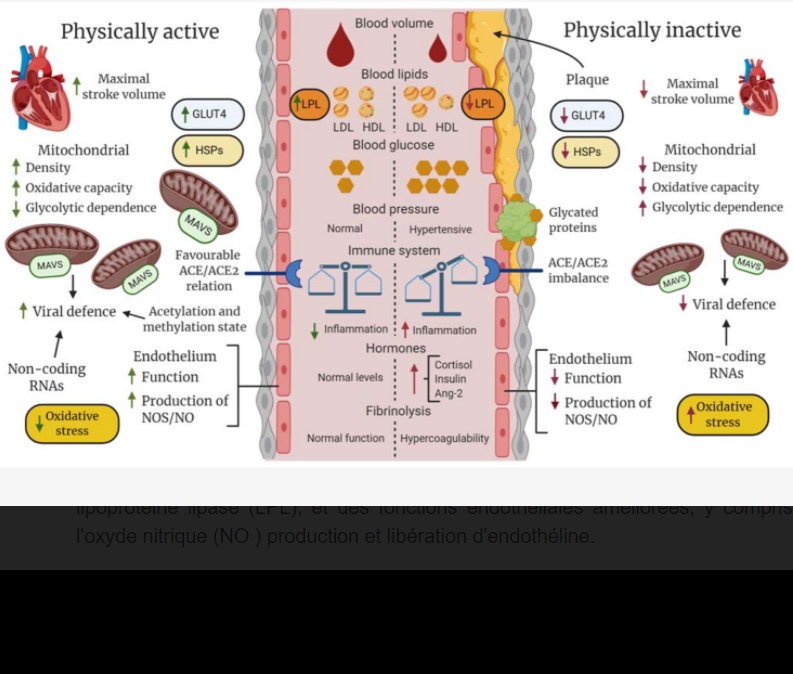Muscle strength is associated with COVID-19 hospitalization in adults 50 years of age or older
Boris Cheval, Journal of Cachexia, Sarcopenia and Muscle 06 August 2021
Background
Weak muscle strength has been associated with a wide range of adverse health outcomes. Yet, whether individuals with weaker muscle strength are more at risk for hospitalization due to severe COVID-19 is still unclear. The objective of this study was to investigate the independent association between muscle strength and COVID-19 hospitalization.
Methods
Data from adults 50 years of age or older were analysed using logistic models adjusted for several chronic conditions, body-mass index, age, and sex. Hand-grip strength was repeatedly measured between 2004 and 2017 using a handheld dynamometer. COVID-19 hospitalization during the lockdown was self-reported in summer 2020 and was used as an indicator of COVID-19 severity.
Results
The study was based on the Survey of Health, Ageing and Retirement in Europe (SHARE) and included 3600 older adults (68.8 ± 8.8 years, 2044 female), among whom 316 were tested positive for the severe acute respiratory syndrome coronavirus 2 (8.8%), and 83 (2.3%) were hospitalized due to COVID-19. Results showed that higher grip strength was associated with a lower risk of COVID-19 hospitalization [adjusted odds ratio (OR) per increase of 1 standard deviation in grip strength = 0.64, 95% confidence interval (95% CI) = 0.45–0.87, P = 0.015]. Results also showed that age (OR for a 10 -year period = 1.70, 95% CI = 1.32–2.20, P < 0.001) and obesity (OR = 2.01, 95% CI = 1.00–3.69, P = 0.025) were associated with higher risk of COVID-19 hospitalization. Sensitivity analyses using different measurements of grip strength as well as robustness analyses based on rare-events logistic regression and a different sample of participants (i.e. COVID-19 patients) were consistent with the main results.
Conclusions
Muscle strength is an independent risk factor for COVID-19 severity in adults 50 years of age or older.
















